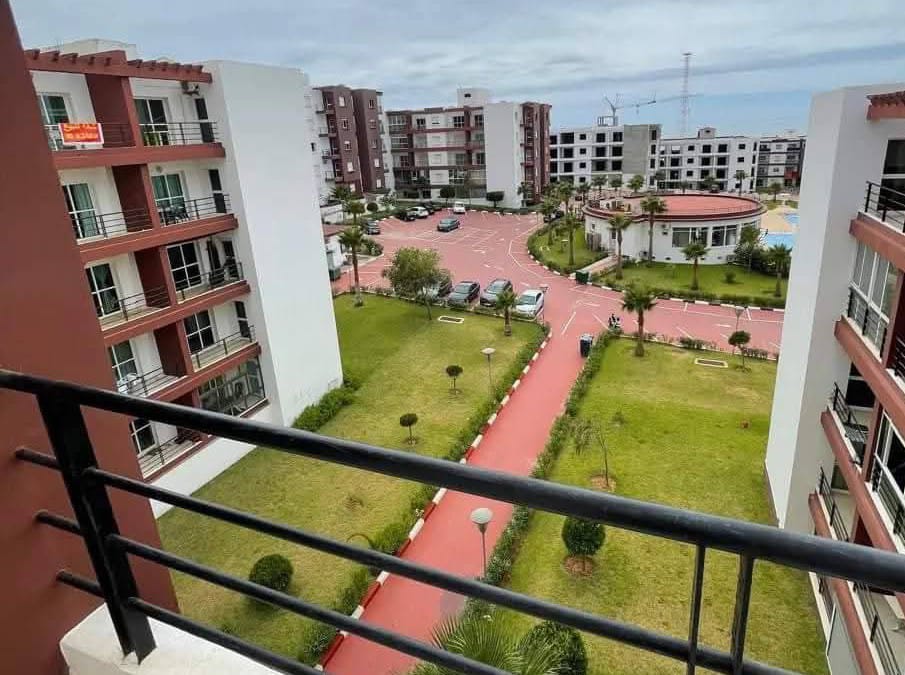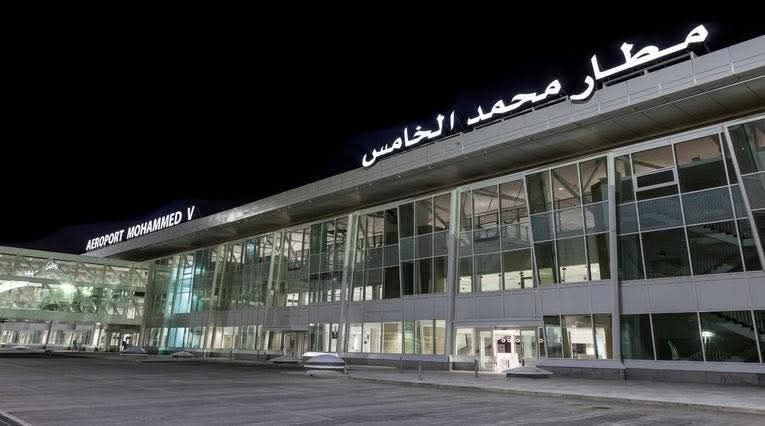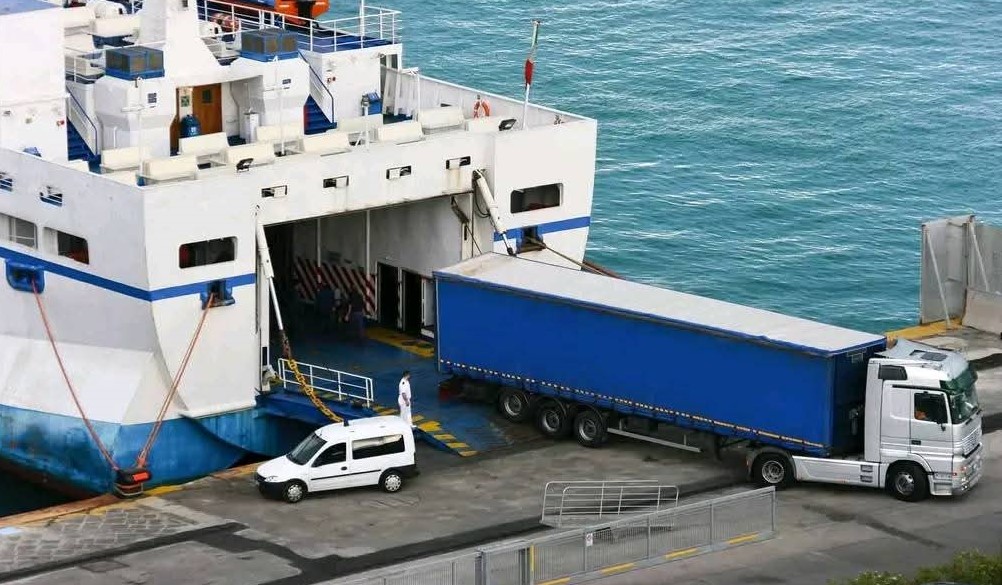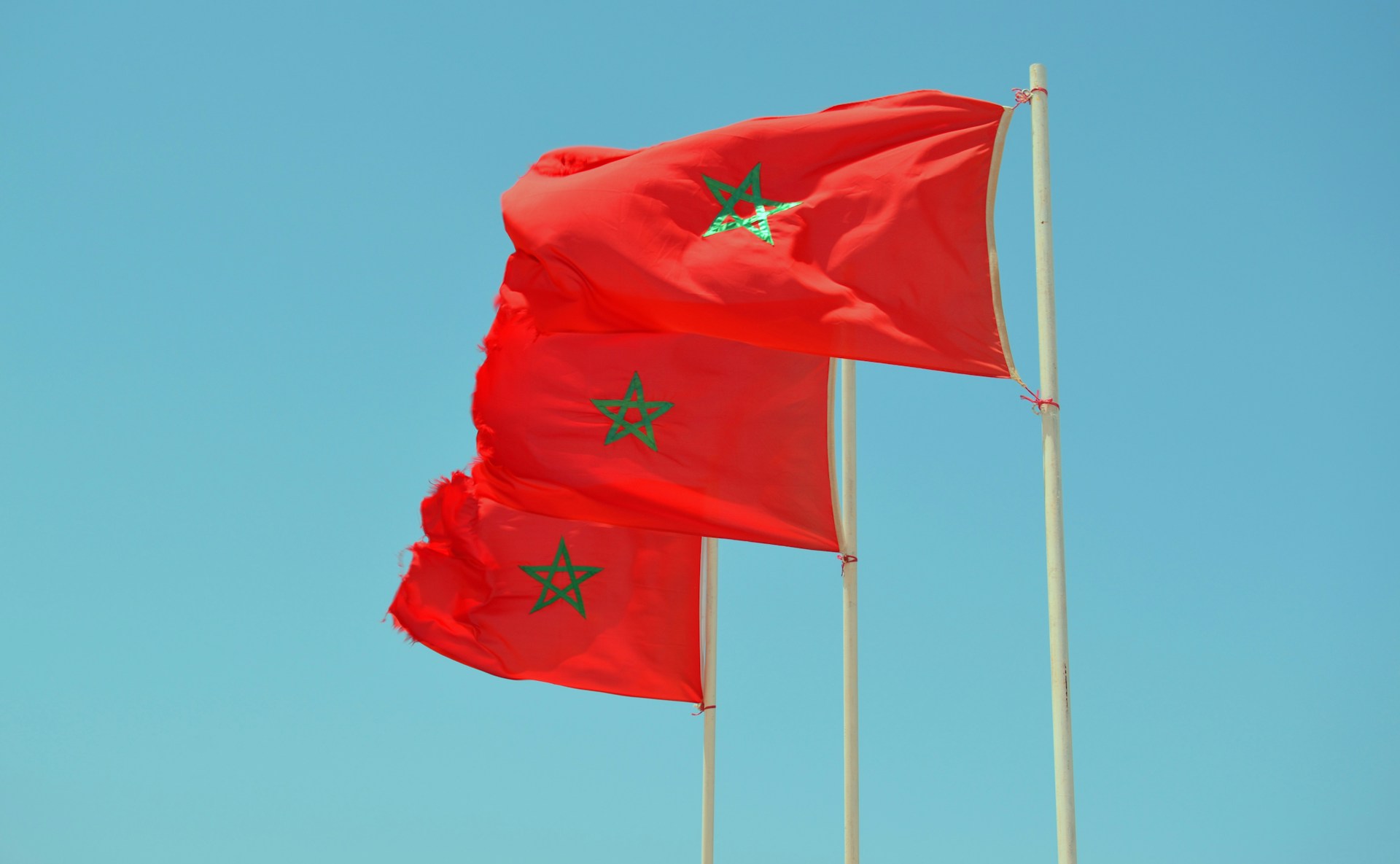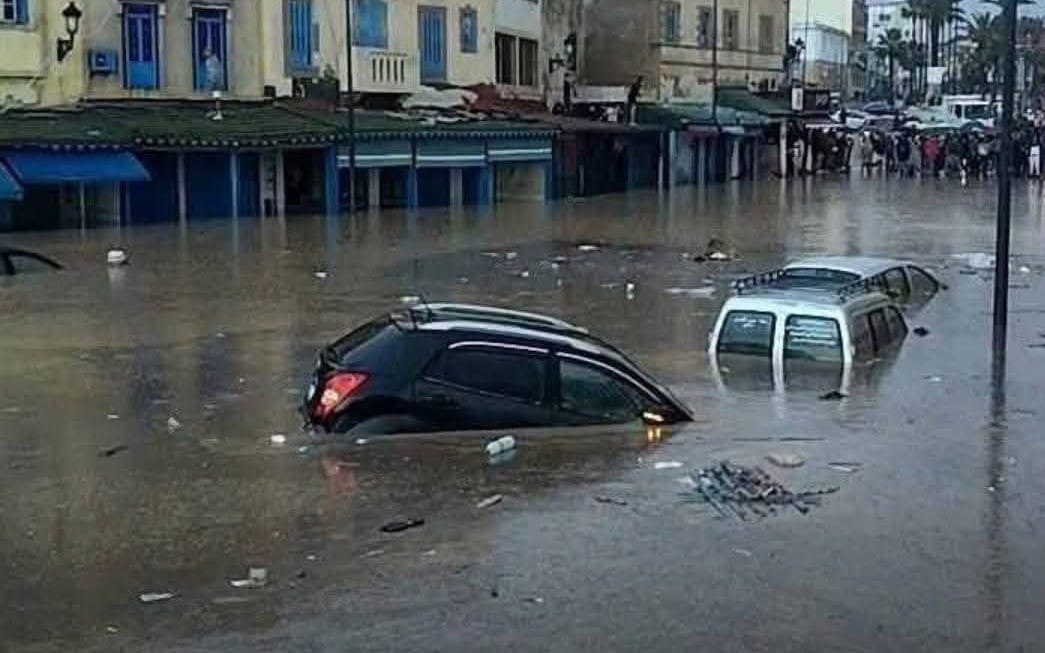Casablanca – A recent OECD report has spotlighted Morocco’s growing appeal as a top destination for foreign direct investment (FDI) in the Middle East and North Africa (MENA) region. This steady growth, recorded over the last two decades, reflects Morocco’s efforts to improve its investment climate through progressive reforms and targeted development strategies.
According to the report, FDI flows into Morocco have climbed steadily, even amid global economic turbulence. While the 2008 financial crisis and the 2020 pandemic caused some fluctuations, the overall trend remained positive. FDI peaked at $3.6 billion in 2018, then dipped to $1.4 billion in 2020, only to rebound to $2.3 billion by 2022.
Morocco’s ability to attract FDI has fueled the development of its private sector, fostering productivity, innovation, and job creation. Investment has been especially strong in high-productivity sectors like automotive and renewable energy, with foreign companies seen as more likely than domestic firms to provide stable employment. These investments have sparked improvements in technology transfer and job stability, essential for a competitive workforce and long-term economic growth.
The OECD report, titled “Investment Policy Review,” identifies several major reforms that have enhanced Morocco’s investment environment. The 2022 Investment Charter, a centerpiece of this effort, provides a clear regulatory framework designed to attract more investors and boost private sector growth. The charter also aims to decentralize FDI beyond major economic hubs, enabling regions across the country to benefit from foreign investment and create job opportunities. The Moroccan government hopes to attract about $53.5 billion in private investment and generate 200,000 new jobs by 2026.
However, the report acknowledges that the concentration of FDI in Morocco’s primary economic centers remains a challenge. Despite efforts by the government and regional authorities to distribute investments more evenly, many projects are still focused in major urban areas.
To support its goals, Morocco has restructured its investment management bodies, including establishing the Ministry of Investment, Convergence, and Evaluation of Public Policies (MICEPP) and creating regional investment centers. These measures, part of a broader roadmap for improving the business environment between 2023 and 2026, are intended to streamline investment procedures and ensure alignment with national strategies for sustainable and inclusive development.
The OECD report highlights Europe’s strong investment presence in Morocco, with European companies accounting for 55% of Morocco’s total FDI in 2022. France leads the way, especially in industries like automotive and rail, followed closely by the UAE and Spain. Countries such as Switzerland, Belgium, and the United Kingdom are also expanding their presence in Morocco’s investment landscape, joined by investors from Asia.
The report also underscores the critical role of Morocco’s legal framework in maintaining an attractive investment climate. The country’s specialized commercial courts offer alternative dispute resolution options, including arbitration and mediation, which enhance transparency and reliability for investors.
With these continued reforms, Morocco is positioning itself not only as a regional investment hub but also as a nation committed to responsible business practices and inclusive growth. The OECD report signals that as long as Morocco continues along this path, it has the potential to achieve its ambitious economic and social development goals by 2026 and beyond.







